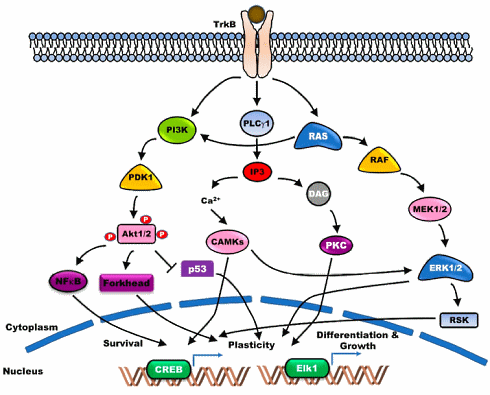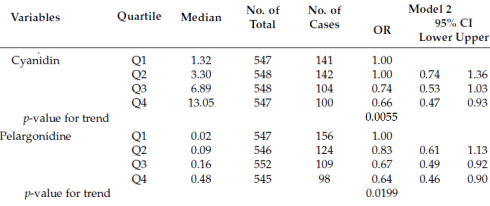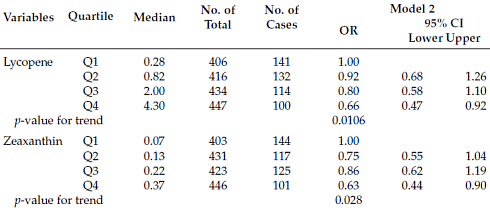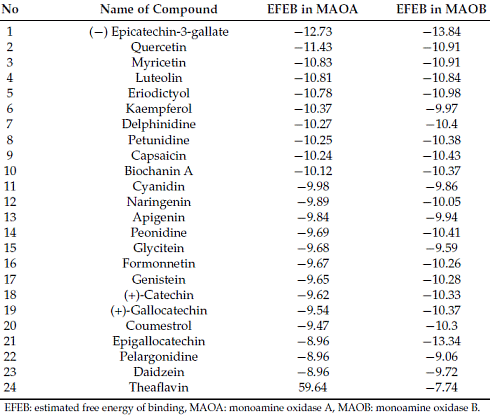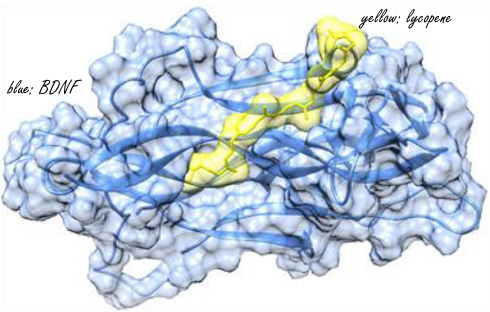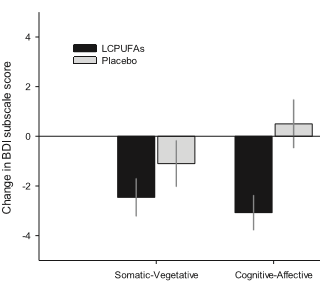|
Definition: "An ergogenic aid is any substance or phenomenon that enhances performance "
|
|
||||||||
04.01.2022 |
|
|
How dietary flavonoids and carotenoids protect against depression
A diet high in flavonoids such as cyanidin or luteolin and carotenoids such as lycopene and zeaxanthin protects against depression, epidemiological data suggests. This may be because flavonoids and carotenoids increase the activity of neurotransmitters and the cerebral growth factor BDNF in the brain.
Epidemiology
Most of the phytochemicals the researchers asked about were not significantly associated with depression, but there were exceptions. The strongest protective factor the South Koreans found was luteolin, a flavonoid in parsley.
Also cyanidin and pelargonidin, two anthocyanins in blueberries and other fruits, protected against depression - as did (+)-catechin, a catechin in green tea.
Of the carotenoids the Koreans looked at, lycopene and zeaxanthin were found to protect against depression. Lycopene is present in tomatoes, zeaxanthin in leafy vegetables.
In silico research
Using computer model simulations, the Koreans were able to demonstrate that a large number of phytochemicals could attach themselves to MAO-A and MAO-B in such a way that they could no longer convert neurotransmitters.
Using computer simulations, the Koreans found yet another potential mechanism of action. There were phytochemicals that could attach to BDNF in silico.
BDNF is a hormone that makes brain cells make new connections. More activity of BDNF means a lower risk of depression.
The researchers suspect that the interaction between substances such as lycopene and BDNF makes the receptor TrkB more sensitive. This might allow the BDNF hormone to work better. The figure at the top of this page explains how this should work.
Conclusion
"These results suggest that dietary flavonoids and carotenoids can be utilized in the treatment of depressive symptoms."
Source: More: Archives:
|
|
|||||||||||||||

